“As much as people will tell you there’s a big world full of experiences, I think until you actually live and experience those things you can’t truly know it.”
Mr. King is a science teacher known throughout BHS for his laid back attitude and amicability with the students. He taught IB Biology this past year, as well as IB Environmental science, a subject he continues to work with this year.
Mr. King’s interest in environmentalism is seemingly mirrored by his day-to-day interaction with nature. Him and his wife own a farm in Goffstown, and together they raise cows, cultivate timber, and, in March, get to tree-tapping and sell some New England maple syrup! The farm has meaning even past King’s adoration for nature, however. He explains: “It’s been in the family since the French and Indian war” the farm, a seeming family heirloom, has been within the King family for generations.
King grew up in Goffstown, just across the street from the farm that he would inherit years in the future. When he was young, his uncle owned the farm. King stresses that he was never pressured by his family to assume ownership of the property; “I just loved following him around and I would always help him out. I never felt like I had to be the next one to take it on. But, I always loved it”. It is important to him that a similar leniency is given to his children; “Now I have kids, so they’ll be the next generation. If they want to! They don’t have to”.
Although a family heirloom like this seems daunting to most, King describes it as a grounding experience; “It’s fun, you know, not a lot of people have the opportunity to be a part of a legacy. So it’s humbling, in a way”. King recognizes that, although he loves the farm, that it is a lot of responsibility. King himself inherited the farm rather quickly, only having a year to acclimate before his uncle suddenly passed away. That adjustment was no doubt a difficult one, but, even so, King’s love for his part-time occupation shines through even as he speaks about it. Him and his family extend their commitment to agriculture even outside of the farm; raising chickens and tending to their personal vegetable garden.
When asked to describe his high-school self, King first states “I liked being involved with everything”. He doesn’t cite himself as a jock, but he describes his involvement in many sports. King also lists a couple of leadership positions he was involved with back in his small Goffstown high-school. “I was on student council, so I had that going for me! That was fun, it was a good experience. ” These are some qualities King seemingly has not outgrown. He remains friendly and good-natured, characteristics that harken back to his school board days. King also names subjects he was interested in back in high school; he enjoyed the problem solving aspect of math, as well as physics and chemistry. After a moment of thinking on which was his favorite, King lights up, stating “Lunch was it, that was #1 for sure”.
When asked about teacher figures who have inspired him, King states his philosophy that inspiration is an ever changing concept; “Depending on the time of life, certain things will inspire me”. This is perhaps tied to his outlook on what he considers to be inspiring; “I just saw a little thing, and I thought ‘that’s really cool’, I didn’t really idolize a person”. This detailed-orientated sentiment is befitting of a teacher that is so enthralled by analytical topics. It is also reflective of how a person can grow and change over the years, with different aspects of life becoming more apparent as time goes on. When prodded for specifics – I can’t help my curiosity – King speaks on a memorable instance during his time as a college student in Chicago. “I did an ecology class where we took a float plane into the Canadian wilderness, and that was formational for me”. He continues, “You didn’t feel like you were in a class, but you were learning”. King felt a fondness for his Ecology professor, Al, because of his ability to captivate students and rouse their curiosity. His positive experience in college has seemingly shaped his goals as a teacher in the present; “I like thinking of new ways to get deeper understanding out of students”. He states, “I can get students to do well on a test, but can I get them to care?” Navigating how to attain this goal seems to be King’s favorite part of the job. Particularly, he places the importance of student engagement in his IB Environmental course. “I think it’s the first time that students get a chance to, in a class setting, unpack some of the bigger issues they’re hearing about in the world”. He seems to love adding context to issues students have a baseline understanding about, and getting them to care more deeply about said issues.
He has this to say to graduating students who are concerned about life after high school; “Go live in a city”. This seems counterintuitive to King’s love for nature, but, he cites it as an important experience that one truly has to live to understand. When speaking on Chicago, King states “If we want to talk about inspiration, that city inspired me”. He describes urban life as something that millions of people live every day, and to not gain that perspective would be a missed opportunity.
King’s response on the, admittedly silly, closing question, seemed to best represent King’s personality. I should have known what was to come when I asked a biology teacher what fruit would he prefer to be if he could so choose, however, I asked anyway. After a short pause, he inquired, “What is your definition of a fruit?” I confessed my ignorance, so he continued, “I’m thinking, like, botanically speaking, the ripened ovary of a fruit”. After a bit more conjecture, King begins to rule out the possibilities. “I can tell you I wouldn’t be a banana, because bananas are all clones of each other. I’m just not too into that.” As Unleashed readers may recall, this is an inadvertent diss on Mr. Ahnert’s self-identification as a banana on his teacher feature. But, King makes amends, adding “I can respect it,”. His conclusion was then reached shortly after: an apple! More specifically, a wild apple. King doesn’t want to be lumped in with, say, a McIntosh apple, which one can only produce via cloning. “You never know what you’re gonna get with a wild apple,” King explains, “there’s incredible qualities to apples that I really think have been a valuable part of New England culture for many hundreds of years”. King aptly concludes, “And that’s pretty cool”.

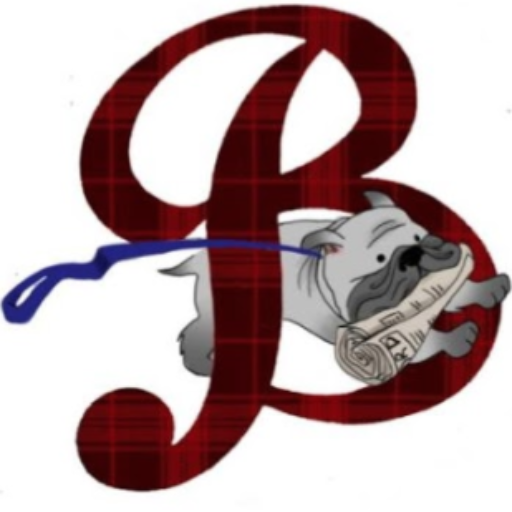
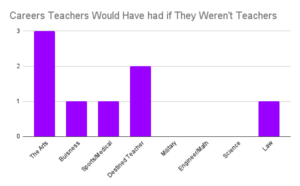
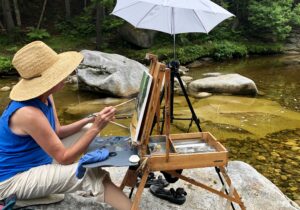

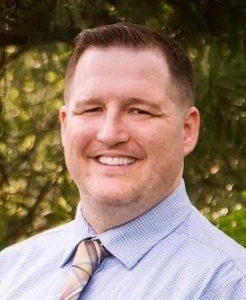
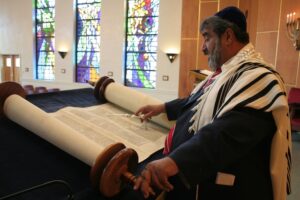
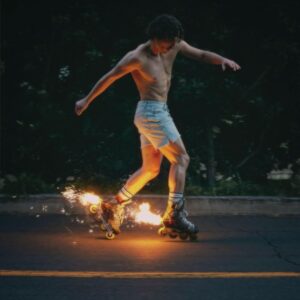


Wooooow. Getting called out on my fruit choice in the pages of my own club. Bold, Mr. King!